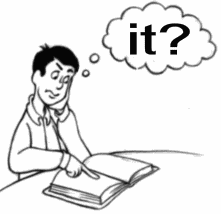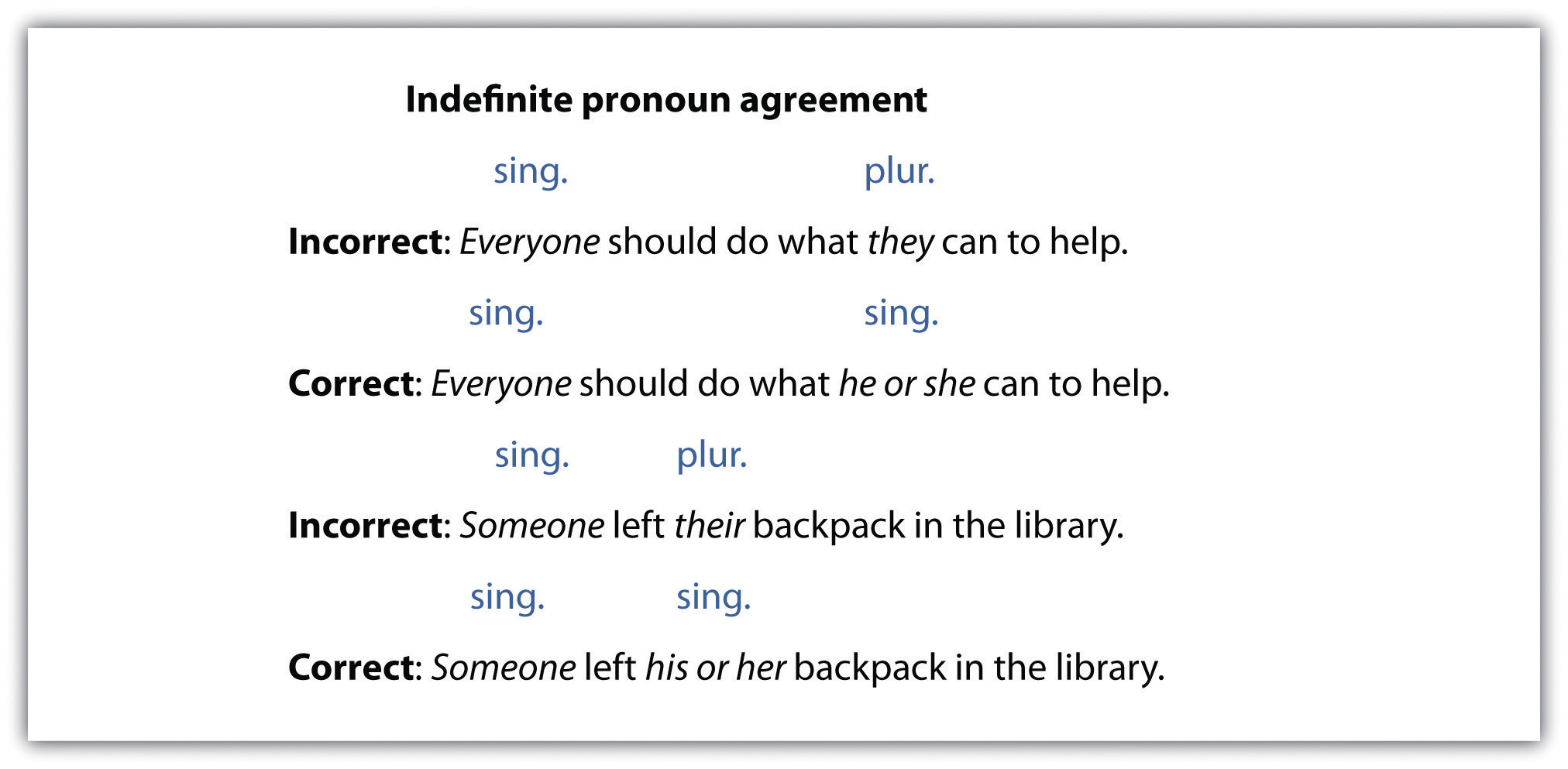
In normal writing, most nouns appear in noun phrases because adding any word (even "a" or "the") to a noun turns it into a noun phrase. (Here, the pronoun "it" replaces the noun clause "why people dislike foxes.")

It is because a fox will decimate a chicken coop.
We understand why some people dislike foxes. A Noun Clause (a multi-word noun with its own subject and verb). (Here, the pronoun "it" replaces the noun phrase "the arctic fox.") It does not feel the cold until the temperature drops to -70☌. The arctic fox handles the cold better than most animals on Earth. (Here, the pronouns "they" and "them" replace the single-word nouns "foxes" and "balls.")  Playful and curious, foxes like to play with balls, and they often steal them from backyards and golf courses. Right then, let's update our definition:Ī pronoun is a word that replaces anything functioning as a noun. In the last example, the pronoun "it" replaced a noun phrase ("New York's Central Park") not a single noun. (Here, the pronoun "they" replaces the noun "visitors," and the pronoun "it" replaces the noun phrase "New York's Central Park.")
Playful and curious, foxes like to play with balls, and they often steal them from backyards and golf courses. Right then, let's update our definition:Ī pronoun is a word that replaces anything functioning as a noun. In the last example, the pronoun "it" replaced a noun phrase ("New York's Central Park") not a single noun. (Here, the pronoun "they" replaces the noun "visitors," and the pronoun "it" replaces the noun phrase "New York's Central Park.")  Visitors descend on New York's Central Park. (In this example, the pronoun "he" replaces the noun "Jack," and the pronoun "her" replaces the noun "Jill.") He first saw her in a Chinese restaurant. In these examples, the nouns being replaced are in bold, and the pronouns are shaded:
Visitors descend on New York's Central Park. (In this example, the pronoun "he" replaces the noun "Jack," and the pronoun "her" replaces the noun "Jill.") He first saw her in a Chinese restaurant. In these examples, the nouns being replaced are in bold, and the pronouns are shaded:







 0 kommentar(er)
0 kommentar(er)
